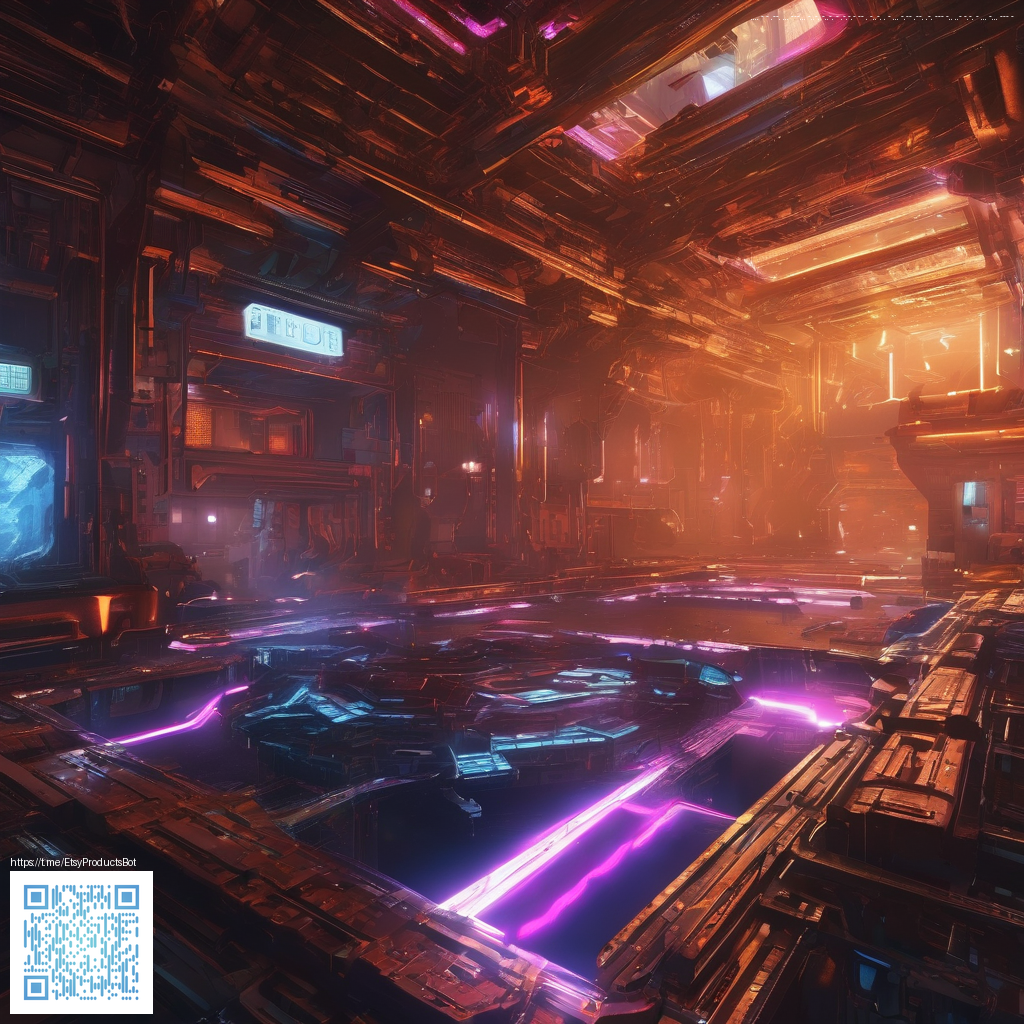
Fallout 2 on the Big Screen a Cinematic Challenge
The idea of turning a sprawling role playing classic into a movie or series has fans buzzing and studios weighing the risks. Fallout 2 is rooted in complex character arcs, moral gray areas, and a sandbox that invites players to chart their own destinies. Translating that open world into a linear visual narrative is not simply about showing dusty wastelands and power armor; it’s about capturing the rhythm of choice, consequence, and humor that defines the experience.
At its core, Fallout 2 relies on a dense web of S P E C I A L attributes Strength, Perception, Endurance, Charisma, Intelligence, Agility, and Luck along with a toolkit of skills, perks, and dialogue options. The result is emergent storytelling rather than a single scripted path. When you arrive at a situation you don t have a single solution you have a spectrum of possibilities with different outcomes that ripple across the game world.
A traditional feature film would need to prune that spectrum into a satisfying arc. Some filmmakers lean into a tightly plotted single narrative focusing on a pivotal mission or faction conflict. Others opt for a serialized approach that breathes across episodes, preserving several factions and wound up with multiple cliffhangers. Either route demands a delicate balance between faithful world building and cinematic pacing. The challenge is not just what story to tell but how to tell it without sacrificing the quirky humor and rough-edged vibe that fans associate with the wasteland.
From game to screen who is steering the ship
The conversation around adaptation has lately pivoted toward episodic television, with Prime Video actively developing a series through Kilter Films led by Jonathan Nolan and Lisa Joy. Their involvement signals a commitment to a high concept world with durable lore and character threads, guided by producers who understand how to fuse complex narratives with cinematic visual flair. Bethesda Game Studios has long partnered with the project on shared IP objectives, underscoring a philosophy that the tone must honor the setting while appealing to a broad audience. This dynamic suggests that Hollywood is more comfortable with long form storytelling than a one shot feature, at least for now.
For fans of Fallout 2 specifically, the big question becomes how the film or series handles tone. The original games thrive on wry humor, sarcastic dialogue, and moments of humane tragedy in a world where hope is scarce yet stubbornly present. A screen adaptation will need to thread that balance while delivering blockbuster spectacle—think vault technology and power armor as visual signatures rather than mere props.
Modding culture and fan expectations
The Fallout community is built on modding and fan fiction that expands the lore and experiments with new consequences. That culture isn t merely about tweaking stats; it s about reimagining scenarios and playing in a sandbox that feels alive. Any adaptation that respects this heritage will likely lean into worldbuilding material that invites discussion beyond a single viewing. The risk is that a tightly scripted film can feel like a tour rather than an invitation, whereas a series could mirror the nested narratives fans already adore. A thoughtful adaptation may borrow fan-favorite motifs such as vault culture, strange technology, and the uneasy optimism that characterizes the wasteland.
Updates, developer commentary and industry momentum
The industry has seen a rising interest in bringing post apocalyptic universes to life on screen with a steady cadence. The Fallout television project now in development highlights a trend toward serialized exploration of expansive worlds rather than a singular event. The involvement of experienced showrunners, along with hands on producers from Bethesda, raises expectations that the adaptation won t just chase spectacle but will respect the mythology that fans have spent decades exploring. While collaboration between game studios and filmmakers is not a guarantee of success, it does signal a shared commitment to quality worldbuilding and character driven moments that can translate across media.
For players who still love the original titles, the most exciting possibility is a screen version that embraces replay value in spirit even while delivering a concrete story. That means strong character arcs, a recognizable atmosphere, and moments that feel earned rather than manufactured. If executed with care, the adaptation can serve as a gateway that invites new audiences into the Fallout universe while rewarding long time fans with nods to lore and memorable set pieces.
In any case the conversation remains a thrilling indicator of how game universes are reshaping mainstream storytelling. The wasteland may be harsh, but its potential for cinematic or television splendor is only beginning to surface. As studios weigh approaches that honor the source material while embracing cinematic language, one thing is clear gamers want a fearless, faithful translation that respects the players who built the world in the first place.
If you want to support independent coverage that digs into how these transitions happen and what they mean for fans, consider contributing to projects that advocate for open IP and community driven discussions. The digital ecosystem thrives when creators and communities collaborate rather than compete.
For continuing updates on industry moves and cinematic experiments in the larger post apocalyptic space, keep an eye on ongoing coverage and developer conversations. The future of screen adaptations may hinge on how well they balance authorial intent with audience expectations.
Donate to support decentralized internet